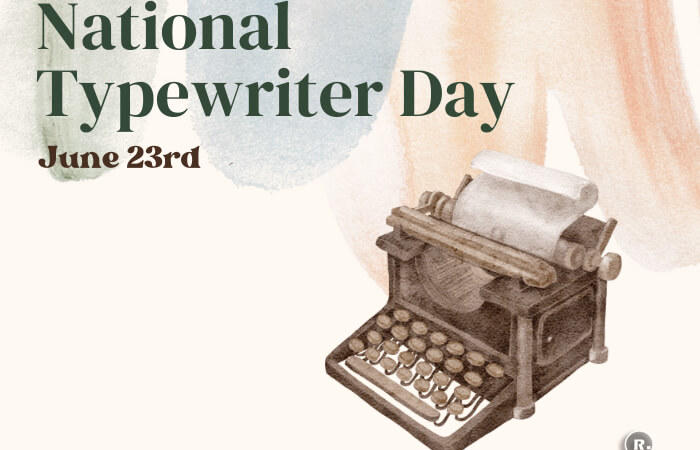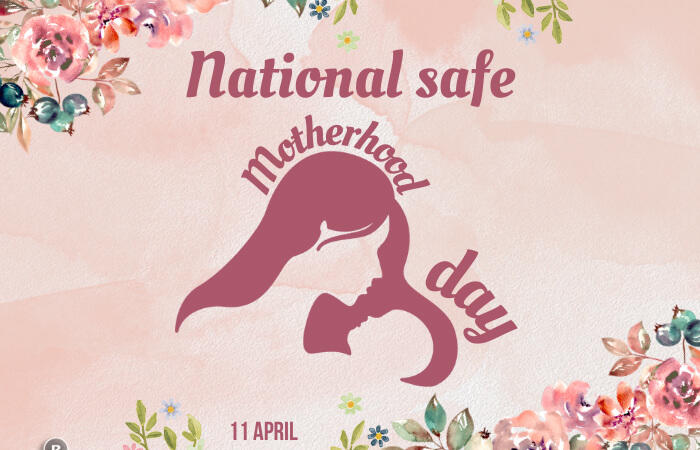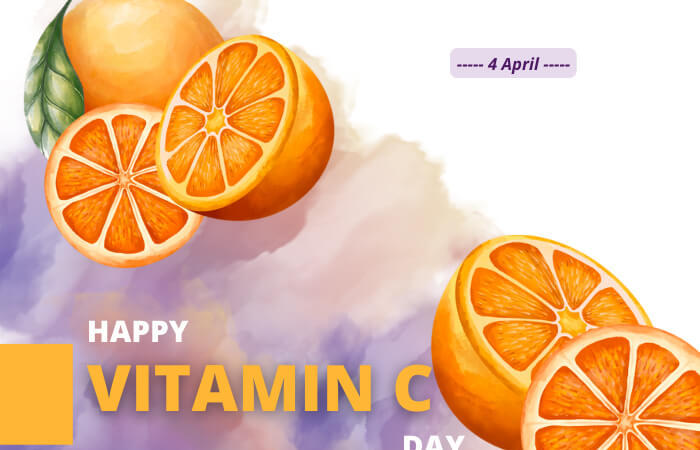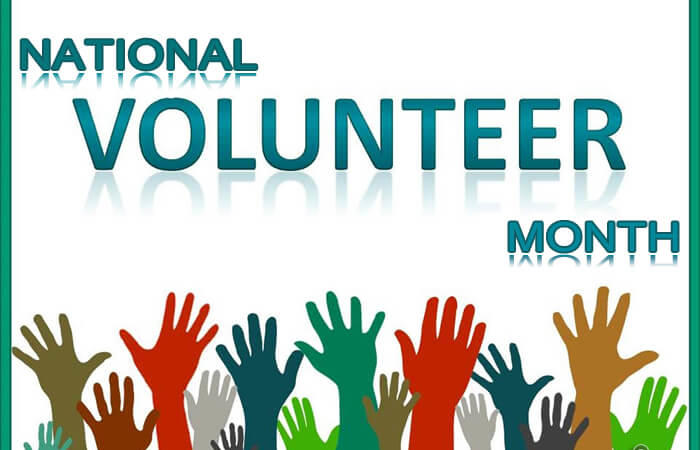West Bengal Day | Poschimbongo Divas – 20 June
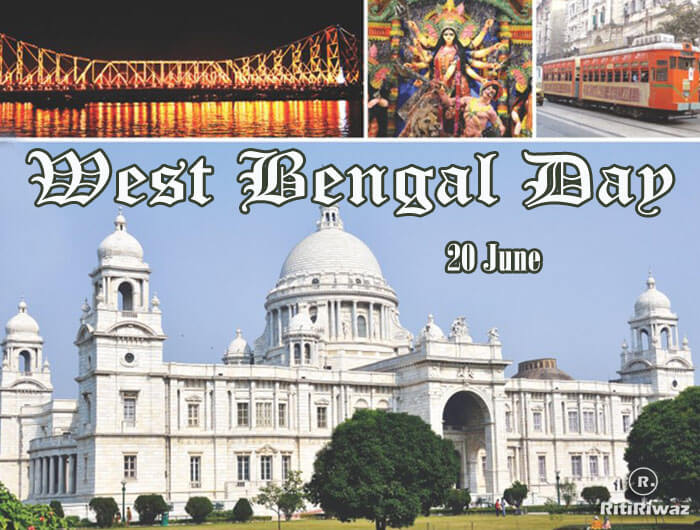
West Bengal Day or Poschimbongo Divas is celebrated on June 20th when Bengali Hindus decided to carve out a separate province and join India and thwart the Muslim League’s bid to secure the whole of Bengal for Pakistan. It was on 20th June 1947, when the Bengal Legislative Assembly decided to divide Bengal into West Bengal with Hindu majority districts with India, and East Bengal with Muslim majority areas into East Pakistan.
History of West Bengal
The Partition of Bengal (1905), also well known as ‘Bang-Bhang’ (Bengali: বঙ্গভঙ্গ) was a territorial reorganization of the Bengal Presidency implemented by the authorities of the British Raj in 1905. Bengal was indeed an overgrown Presidency and its division had long been in official contemplation. Various schemes were floated in the past, the latest being William Ward’s scheme of 1896, with the object of turning this unwieldy province into a viable administrative unit. Nothing came of all these till Curzon arrived in Bengal.
Thus even before Curzon assumed office opinion in favor of Partition, both on political and administrative grounds, was gaining ground in official circles. Curzon, on his arrival, was made aware of the need to reduce the size of Bengal for reasons of administrative convenience. The reorganization separated the largely Muslim eastern areas from the largely Hindu western areas. Although the partition of Bengal was rescinded in 1911—with Bengal paying the political price of having the national capital shifted to Delhi—the experience widened the Hindu-Muslim faultlines.
The final division of Bengal at the partitioning of the subcontinent in 1947, split Bengal into India in the West and East Pakistan (later Bangladesh) in the east. East Bengal later joined Pakistan on 14th August 1947 and was called East Pakistan. In 1971, because of some conflicts with Pakistan Government, East Bengal struggled and separated itself from ‘Pakistan’ and created a new republic nation called ‘Bangladesh’ (Independent State).
Between 1947 and 1950, the territories of the princely states were politically integrated into the Indian Union. The new Constitution of India, which came into force on 26 January 1950, made India a sovereign democratic republic. West Bengal became a new state ruled by an elected governor and state legislature.
The history of how and why West Bengal was created has been obscured from both history and popular memory because it raises uncomfortable questions.
How the day is celebrated in West Bengal
Earlier celebration for West Bengal Day was not heard of, as it is not a newly formed state like Telangana to celebrate formation day. With the Hindutva awakening by the formation of the Narendra Modi-led NDA government at the center, Bharatiya Janata Party has attempted to popularize the commemoration of June 20 as West Bengal Day (Pashchim Bongo Dibas). Tributes are paid to party ideologue Shyama Prasad Mukherjee, a saffron camp leader whose efforts have helped in the formation of West Bengal, otherwise, it would have become part of an Islamist country.
This is the day when West Bengal was formed, Bengali Hindus took the momentous decision to carve out a separate province in India to thwart the Muslim League’s bid to secure the whole of Bengal to Pakistan. The cultural capital of India has been the home to several stalwarts belonging to various fields. Not to forget the fact that most of the Nobel laureates have been produced from this state- Rabindranath Tagore, Amartya Sen, St.Teresa (even though not a Bengali by Birth she made Kolkata her place of work), and Sir C.V.Raman.
Residents of West Bengal are known for their relaxed attitude, Bengalis have learned the craft of fishing happiness even in the face of adversaries. Turning back at Rabindranath Tagore’s portrait hanging on the old wall acts as a stimulant always.
Suggested read: West Bengal – Culture and Tradition

